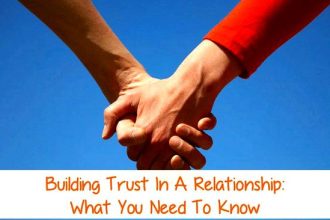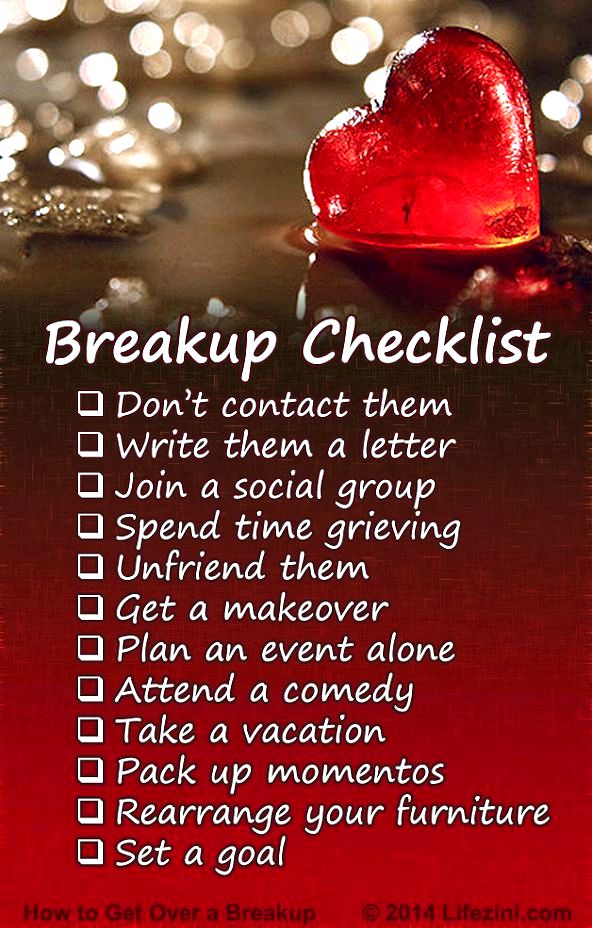1. Accepting the Breakup
One of the first steps to recovery after a breakup is accepting that the relationship has ended. It’s important to acknowledge your feelings and allow yourself to grieve the loss. Give yourself time to process the breakup and understand that it’s okay to feel sad, angry, or confused.
There is no greater agony than bearing an untold story inside you.
Maya Angelou – American poet
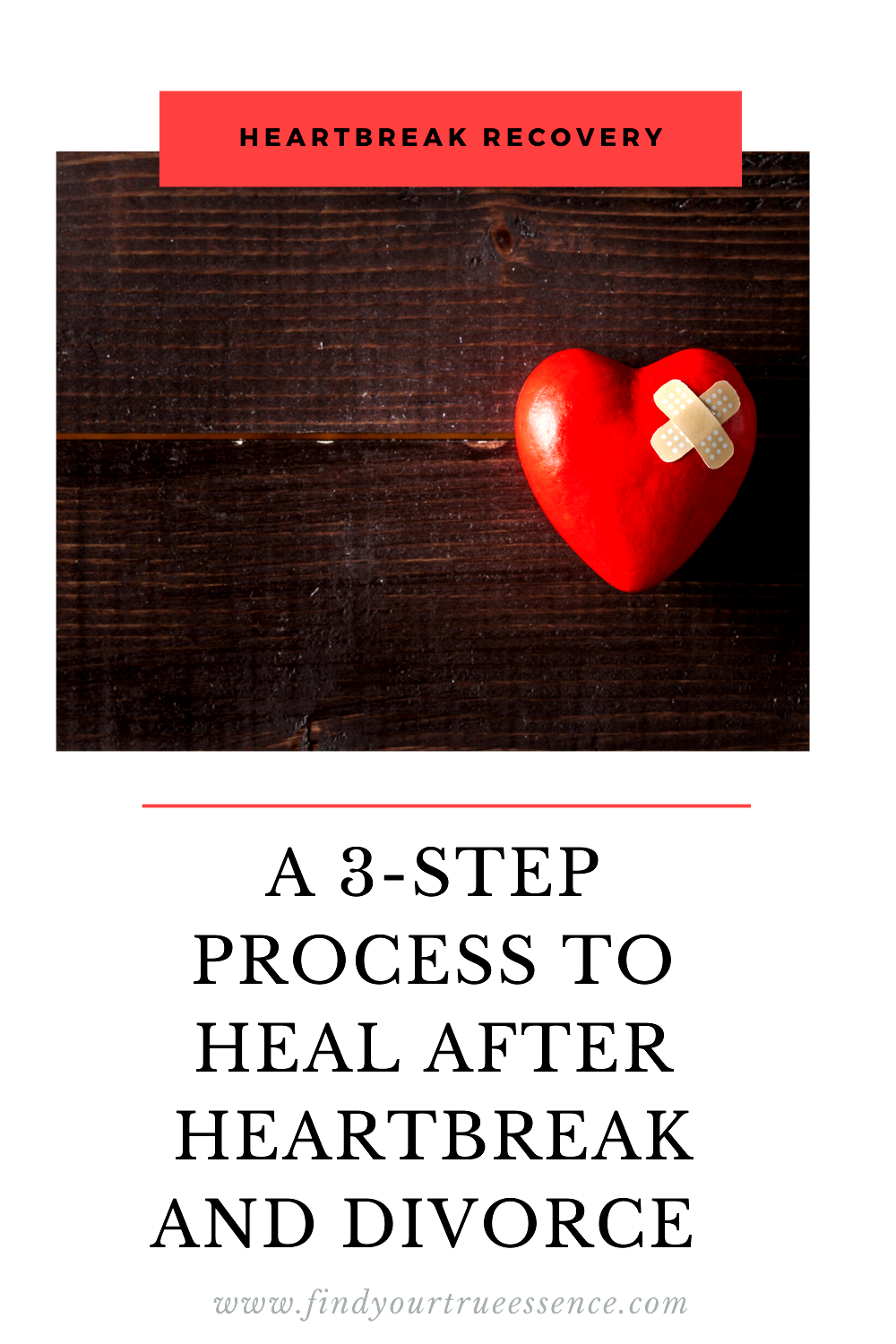
Try to avoid bottling up your emotions and instead, talk to friends or a therapist about how you’re feeling. Reflect on the relationship and what you’ve learned from it. Remember that it’s normal to feel a range of emotions after a breakup, and it’s essential to be kind to yourself during this time.
Writing is an exploration. You start from nothing and learn as you go.
E.L. Doctorow – American author
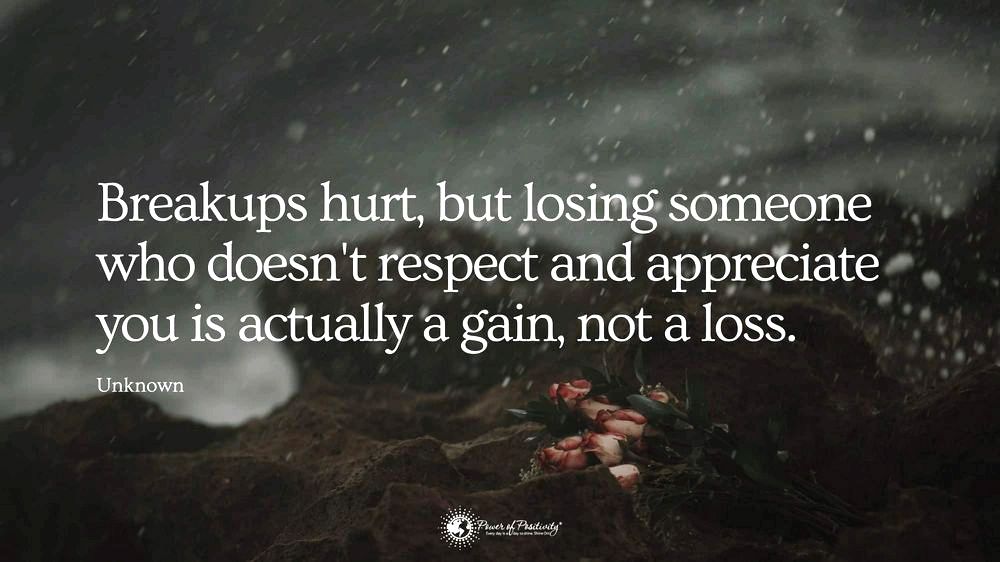
Focus on self-care and engage in activities that bring you joy and relaxation. Take care of your physical and mental health by exercising, eating well, and getting enough sleep. Surround yourself with supportive people who can help you through this difficult time.
There is nothing to writing. All you do is sit down at a typewriter and bleed.
Ernest Hemingway – American novelist
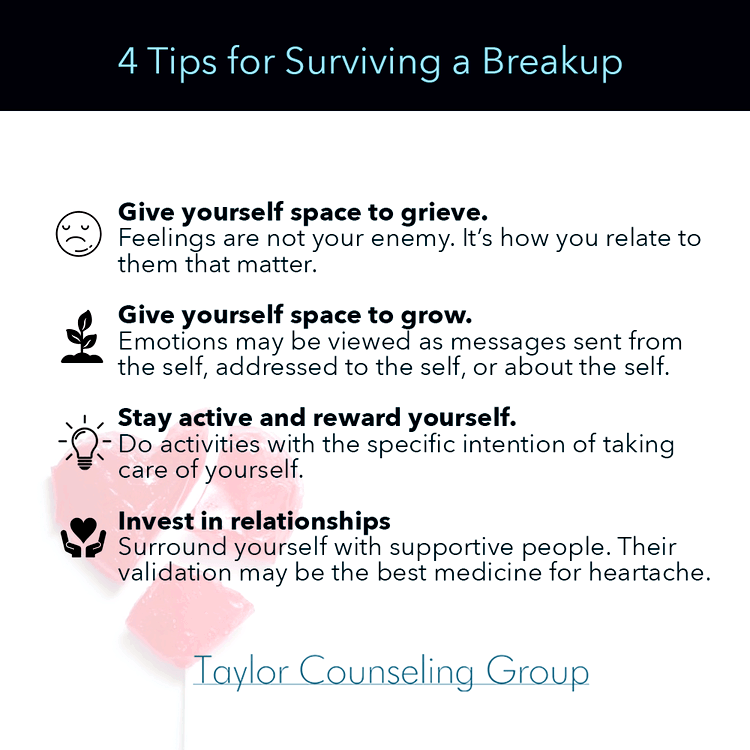
Lastly, try to let go of any resentment or bitterness towards your ex-partner. Forgiveness is a crucial part of the healing process and can help you move forward with a sense of peace and closure. Remember that it’s okay to take as much time as you need to heal, and that you will eventually come out stronger on the other side.
2. Processing Your Emotions
After a breakup, it’s important to take time to process your emotions. Allow yourself to feel whatever you’re feeling – whether it’s sadness, anger, confusion, or relief. It’s normal to experience a range of emotions, and it’s important to acknowledge and accept them.
One way to process your emotions is to journal. Writing down your thoughts and feelings can help you make sense of them and gain clarity. You can also talk to a friend or therapist about how you’re feeling. Sometimes, just expressing your emotions out loud can be incredibly cathartic.
It’s also important to take care of yourself physically during this time. Make sure you’re eating well, getting enough sleep, and exercising regularly. Taking care of your physical health can have a positive impact on your emotional well-being.
Remember, healing from a breakup takes time. Be patient with yourself and allow yourself to grieve the end of the relationship. Eventually, you’ll start to feel better and move on. Just remember to be kind to yourself throughout the process.
3. Learning from the Experience
Breakups can be painful, but they also offer valuable lessons that can help you grow and move forward. Take this time to reflect on the relationship and identify what went wrong. Were there communication issues? Trust issues? Did you lose sight of your own needs and goals? By understanding what led to the breakup, you can work on improving yourself and your future relationships.
Use this opportunity to focus on self-care and personal growth. Take up a new hobby, spend time with friends and family, or seek therapy to process your emotions. Remember that healing takes time, and it’s okay to feel sad or angry. Allow yourself to grieve the loss of the relationship while also looking towards a brighter future.
As you navigate the healing process, try to cultivate a sense of gratitude for the experience. Every relationship, even those that end, teaches us something about ourselves and what we want in a partner. Embrace the lessons learned and use them to create a healthier and happier future for yourself.
4. Building a Support System
Going through a breakup can be a challenging and emotional time. One of the most important steps to recovery is building a strong support system. Surround yourself with friends and family who can offer love, encouragement, and a listening ear. It’s important to have people you can rely on during this difficult time.
In addition to friends and family, consider seeking support from a therapist or counselor. They can provide you with professional guidance and help you work through your feelings in a healthy way. Joining a support group for individuals going through similar experiences can also be beneficial.
Remember to take care of yourself during this time. Practice self-care activities such as exercise, meditation, or hobbies that bring you joy. Allow yourself to grieve the end of the relationship, but also focus on moving forward and creating a new chapter in your life.
By building a strong support system, you can navigate the healing process after a breakup with love and understanding. Surround yourself with positivity and remember that you are not alone in this journey towards recovery.
5. Taking Care of Yourself
After a breakup, it’s important to prioritize self-care to help you heal and move forward. Here are some steps you can take to take care of yourself during this difficult time:
1. Allow yourself to grieve: It’s okay to feel sad, angry, or confused after a breakup. Allow yourself to experience these emotions and give yourself permission to grieve the loss of the relationship.
2. Practice self-love: Treat yourself with kindness and compassion. Take time to do things that make you happy, whether it’s going for a walk, reading a book, or spending time with loved ones.
3. Focus on your well-being: Make sure to take care of your physical health by eating nutritious foods, getting enough sleep, and exercising regularly. Taking care of your body can help improve your mental well-being as well.
4. Seek support: Don’t be afraid to reach out to friends, family, or a therapist for support. Talking about your feelings with someone you trust can help you process your emotions and gain perspective on the situation.
5. Set boundaries: It’s important to set boundaries with your ex-partner to give yourself space to heal. Avoid contact if possible and take time to focus on yourself and your needs.
Remember, healing takes time, so be patient with yourself as you navigate through this challenging period. Taking care of yourself is essential for recovering from a breakup and moving forward with your life.
6. Moving Forward and Opening Up to Love Again
After a breakup, it’s important to take the time to heal and reflect on the relationship before moving forward. Give yourself permission to grieve the loss, but also remember to focus on self-care and self-love. Surround yourself with supportive friends and family, and consider seeking therapy or counseling if needed.
As you begin to heal, it’s important to let go of any resentment or anger towards your ex-partner. Forgiveness is not about condoning their actions, but about releasing yourself from the emotional burden. Take the time to rediscover who you are as an individual and focus on your own personal growth and happiness.
When you feel ready, open yourself up to the possibility of love again. Be open to meeting new people and forming connections, but don’t rush into anything. Take things slow and allow yourself to be vulnerable. Remember that each new relationship is a chance to learn and grow, and that you deserve love and happiness just as much as anyone else.



